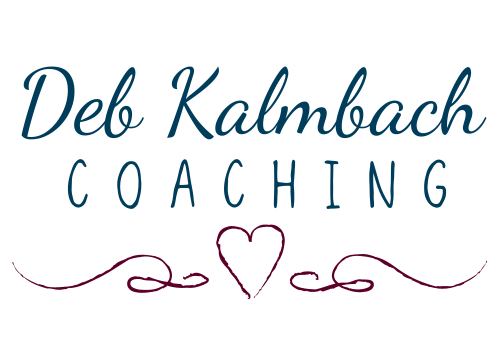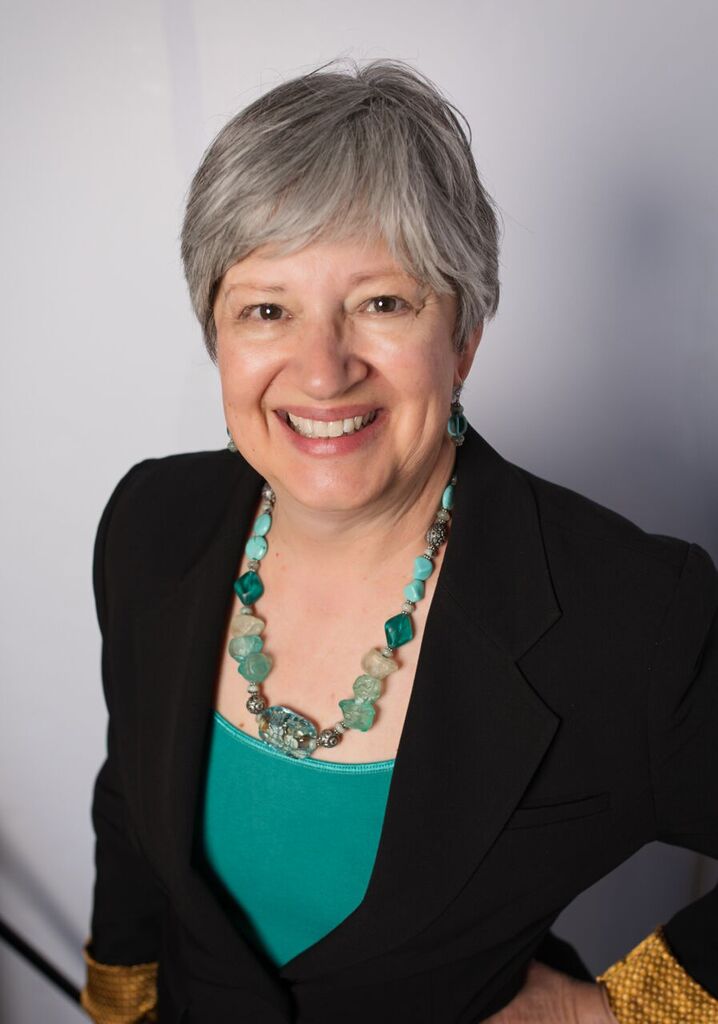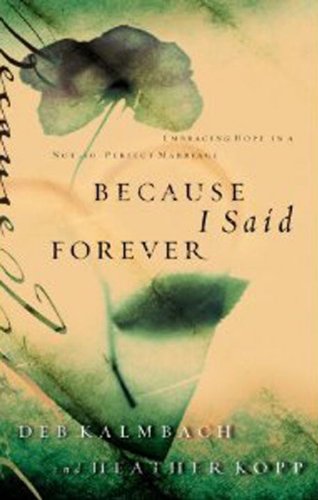What seems like a lifetime ago, I started attending Al-Anon because I was struggling to cope with my husband Ra ndy’s excessive drinking. I didn’t know where to turn. Finally, I realized I needed help. At Al-Anon, I met a compassionate young woman who encouraged me to call her anytime if I needed to talk. One night I did just that. I poured out my heart to her. Then I called back later to apologize for being real. I minimized what I was going through. Things weren’t as bad as I had made it sound. My friend just listened.
ndy’s excessive drinking. I didn’t know where to turn. Finally, I realized I needed help. At Al-Anon, I met a compassionate young woman who encouraged me to call her anytime if I needed to talk. One night I did just that. I poured out my heart to her. Then I called back later to apologize for being real. I minimized what I was going through. Things weren’t as bad as I had made it sound. My friend just listened.
Later, she wrote me a letter. She said she felt honored that I had trusted her enough to share my real self with her. She knew that took a lot of courage. She also gently told me she felt sad because I had called back, facade firmly in place, and apologized for being real. She said it was wonderful to see the real Deb getting some air. She told me her letter might make me mad. That was OK. Go ahead and yell at her! But she felt she needed to be honest with me.
Speaking the Truth with Love
I’m grateful for my friend’s honesty. She cared enough to tell me the truth with love. It would be a long time before I had enough courage to let the real me get some breathing space, though. It’s embarrassing to admit you’re weak and not strong, that you have huge problems in your life. Sometimes if you really speak the reality of what you’re feeling, you might be afraid you’ll start crying and never be able to stop. That’s how I felt…
Why are we so afraid to be our authentic selves? We’re part of a culture that seeks validation. With the rise of social media over the past few years, there’s a tendency to measure a person’s value by the number of Facebook friends or “likes” they have, or the number of Instagram or Twitter followers. I’ve noticed some young women post new “profile/selfie” pictures frequently, looking for validation from their “friends.”
We’ve been programmed to appear to have it “all together.” Our culture rewards those people who seem strong and self-reliant, the ones who pull themselves up by their bootstraps no matter what is happening around them. Sometimes we label as inferior and weak or lacking in character those who are willing to be vulnerable. It’s risky to say this really hurts or I don’t know how I can make it with this pain or I need help. It seems like we don’t have enough faith; that we’re not strong enough when we compare ourselves to others who seem brave and put together.
I’m fine…really I’m fine
It’s like a badge of honor to not weep when you’ve lost a loved one…or you’re experiencing some type of pain in your life. Or when you’re struggling with the pain of a spouse’s addiction. I’m all right, you say as you suck in your breath to hide your brokenness. God will give me everything I need.
Yes, that’s true, God will give you everything you need. But He created us to feel, to have emotions, and to have the ability to express them. He created us to need connection with each other. Real connection–not the shallow kind we often find through social media platforms.
Dr. Brene Brown writes in her book, Daring Greatly, about being vulnerable and real:
Connection gives purpose and meaning to our lives. Shame breaks that connection when we mistakenly believe that if people really knew me, they wouldn’t want to connect with me. In her research, she found that the one difference between “wholehearted” people and those who feel like they have to protect themselves is a belief that you are worthy of love and belonging.
That’s it! Believing you are worthy of love and belonging. Believing you are enough–just as you are. I’m thankful we don’t have to manufacture our own sense of being worthy. When you believe that God created you in His image, you belong to a greater story. One that gives you plenty of reasons to risk being real.
You might be interested in reading some of my other articles about alcoholism:
https://debkalmbach.com///friends-help-you…ouses-alcoholism/
https://debkalmbach.com///how-to-survive-y…ouses-alcoholism/
https://debkalmbach.com///surviving-your-spouses-alcoholism/




